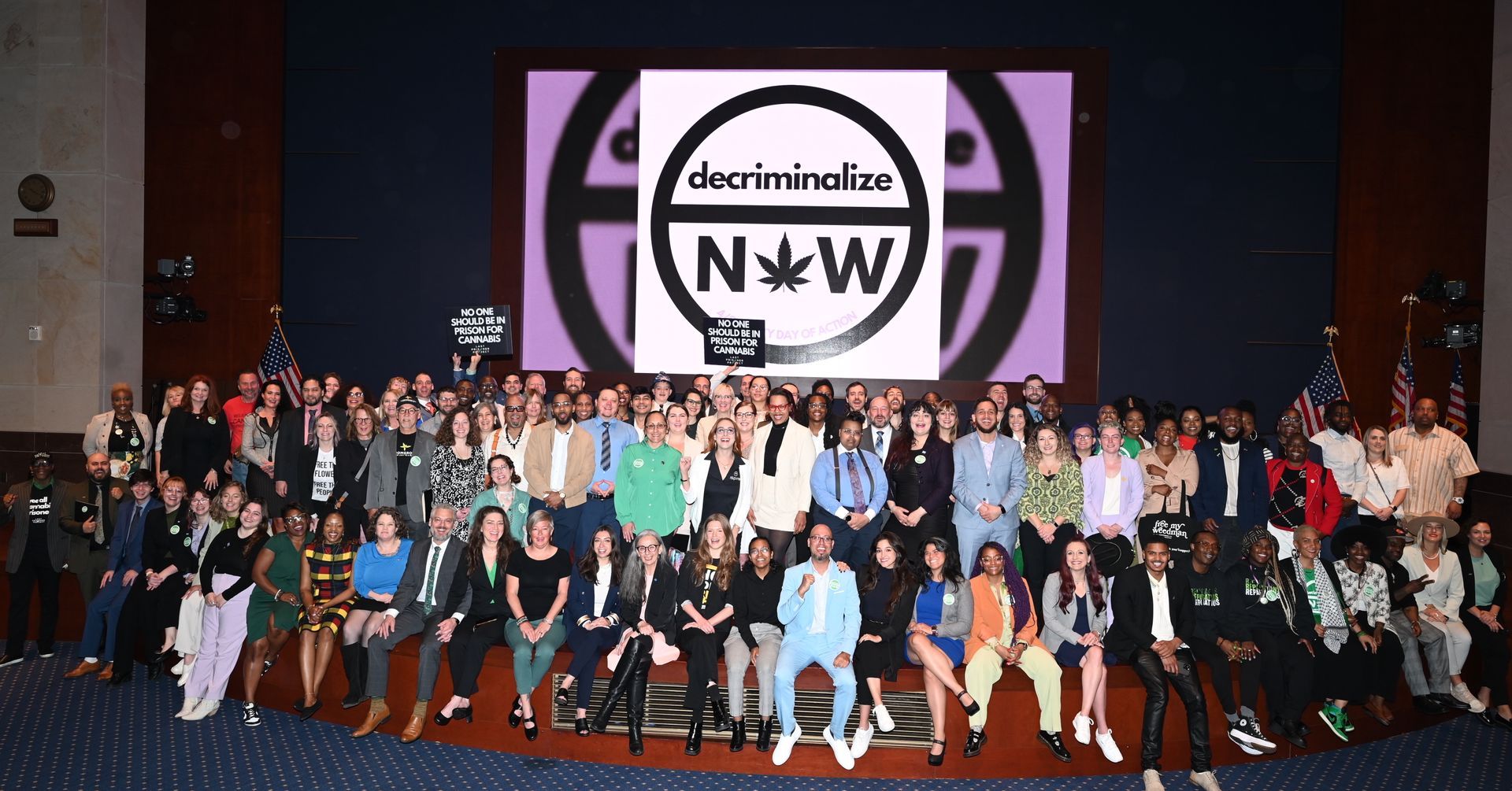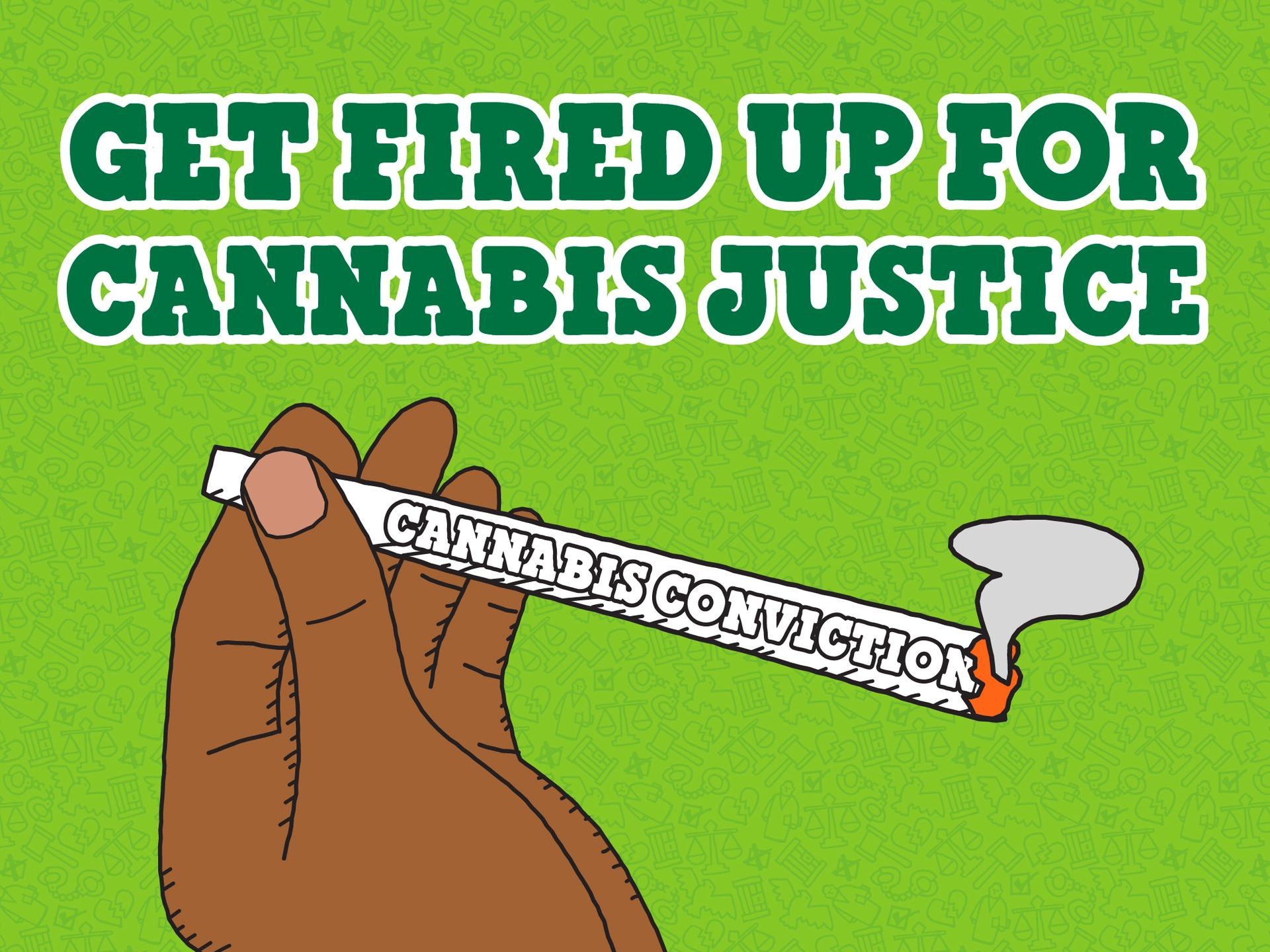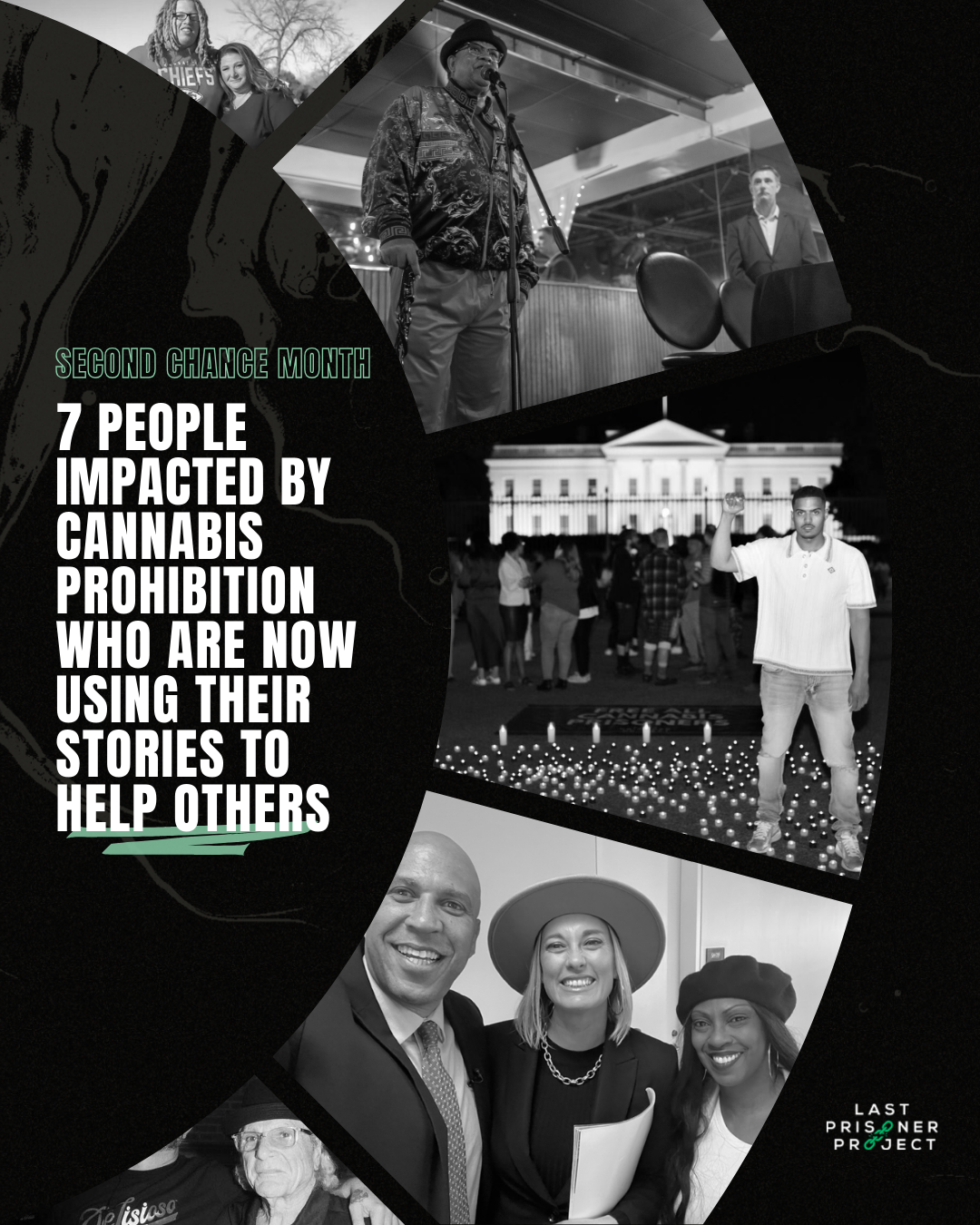By Stephen Post
•
April 17, 2025
Thursday, April 17th (Washington D.C.) - As Americans across the country celebrate the 4/20 cannabis holiday this weekend, tens of thousands of people remain incarcerated for cannabis-related offenses, licensed cannabis businesses are struggling, community uplift funds are stalled, and the federal government's cannabis reclassification process is in limbo. Despite significant progress in cannabis legalization, with 24 states and Washington, D.C. legalizing adult-use cannabis, the fight for full legalization and retroactive relief is more urgent than ever. To mobilize the 70% of the public that supports legalization into political pressure, the Cannabis Unity Coalition, the largest bipartisan coalition of cannabis advocacy, industry, and grassroots organizations, is mobilizing for the Cannabis Unity Week of Action , taking place April 29th - May 1st, 2025, in Washington, D.C. This multi-day event will unite advocates, impacted individuals, and industry leaders to pressure Congress and the Trump administration to fully legalize cannabis and implement retroactive relief measures for those affected by prohibition-era policies. The week will start on Tuesday with a congressional press conference in the morning followed by a welcome ceremony in the U.S. Capitol Visitor Center starting at 2pm. Wednesday will be dedicated to our Lobby Day where attendees will meet with their elected officials on Capitol Hill to advocate for cannabis reform. Lastly, events will conclude Thursday evening with a Cannabis Freedom Rally outside the White House from 4-9pm to honor those still incarcerated for cannabis and demand their freedom via presidential clemency. As part of our 4/20 clemency campaign , Ben & Jerry’s will be joining the rally to serve free ice cream to help build awareness and mobilize grassroots efforts to demand clemency from governors across the country. The Cannabis Unity Coalition is made up of a broad array of advocate groups span across political boundaries and includes members of the Marijuana Justice Coalition (MJC) like Drug Policy Alliance (DPA), National Organization for the Reform of Marijuana Laws (NORML), Veterans Cannabis Coalition, and Parabola Center; members of the Cannabis Freedom Alliance (CFA) like the Reason Foundation and Law Enforcement Action Partnership (LEAP); Students for Sensible Drug Policy (SSDP), which is a member of both coalitions; and industry groups like, National Craft Cannabis Coalition, National Cannabis Industry Association (NCIA), Minority Cannabis Business Association (MCBA), Indigenous Cannabis Industry Association (ICIA), Asian Cannabis Roundtable, and National Association of Black Cannabis Lawyers (NABCL), Freedom Grow, Marijuana Justice, Doctors for Drug Policy Reform, United Food and Commercial Workers Union (UFCW), Supernova Women, Minorities for Medical Marijuana, DCMJ, Just Leadership USA (JLUSA), National Association of Criminal Defense Lawyers, National Coalition for Drug Legalization and the Marijuana Policy Project (MPP), Mission Green, Latinas in Cannabis, the Equity Trade Network, Cannademix, and Free My Weed Man. “False conservatives and cheerleaders for big government have, for decades, hidden behind the drug war as a justification for a government that’s so intrusive it can monitor whether peaceful people have a few grams of cannabis in their pocket.” Said Geoffrey Lawrence of the REASON foundation . “The PATRIOT Act equates marijuana users with terrorists and erects a massive surveillance state to spy on the financial transactions of every American, whether or not they smoke marijuana. And for what? Marijuana users are not inherently violent criminals and the federal government should have no role in the criminalization of this natural substance.” "Working people deserve a better deal when it comes to criminal justice reform, specifically in Cannabis," said Hugh Giordano, UFCW Labor Union Representative . "Working people can't afford legal costs when dealing the Cannabis offenses, which can lead to unfair sentencing and harm working communities." "Regardless of which party is in control of Congress and the White House, ending federal marijuana criminalization and repairing harms caused by it remains a top priority for the Drug Policy Alliance. As long as marijuana is still illegal at the federal level, communities of color and low-income people will continue to suffer the most through incarceration, family separation, and economic hardship due to marijuana arrests.” Said Maritza Perez, Director of Federal Affairs for the Drug Policy Alliance. “With federal marijuana legalization enjoying majority support across all political affiliations, efforts like the Cannabis Unity Week of Action that bring together groups from a variety of political ideologies should show Congress and the White House that ending federal marijuana prohibition is an issue everyone can get behind." Bill Levers, CEO of Freedom Grow, said, “Unity Day 2025 represents a long-overdue collective awakening. At Freedom Grow, we’ve dedicated years to uplifting the voices and lives of people still serving time for cannabis convictions—people forgotten by the system while the industry thrives. This day in Washington D.C. is about more than policy—it’s about people. It’s about showing lawmakers, and the nation, that there’s a unified, unstoppable force demanding not just the descheduling of cannabis, but true retroactive justice. When we stand united with all other prisoner outreach programs, we send a clear message: cannabis freedom isn’t freedom until it includes everyone—especially those who paid the highest price.” "The legal cannabis industry proudly provides adult consumers and medical patients with safe, lab-tested, high-quality products while supporting hundreds of thousands of U.S. jobs and generating billions in tax revenue. Despite this progress, outdated federal prohibition policies continue to jeopardize public safety by preventing the legal industry from reaching its full potential to displace the illicit marijuana market — even as a supermajority of voters support federal reform.” Said Aaron Smith, Executive Director of the National Cannabis Industry Association . “We look forward to once again participating in this Unity Week of Action, standing with our partners and fellow advocates to call for a more equitable, compassionate, and sensible approach to federal cannabis policy." Jason Ortiz, Director of Strategic Initiatives at the Last Prisoner Project said, "No matter who is in office we will not stop pushing for legalization until we finally end the war on our community. There are still hundreds of thousands of cannabis arrests every year and we will remind Congress that the vast majority of our country, and even 55% of republicans, support legalization. Now it’s on us to push congress to do the right thing, and that’s exactly what we intend to do this Unity Week.” As more organizations join our fight, individuals interested in attending Cannabis Unity Week can sign up for updates here . Additionally, if you have any questions, you can read this FAQ document or watch our recorded information session for more info. Those who can’t join us in D.C. can still participate virtually by contacting your federal representatives to #DecriminalizeNow, urging your governor to grant clemency to those in your state, and following along through livestream. Learn more and take action at LPP.la/CannabisUnityWeek . Press contact: Stephen Post LPP Communications Manager stephen@lastprisonerproejct.org






